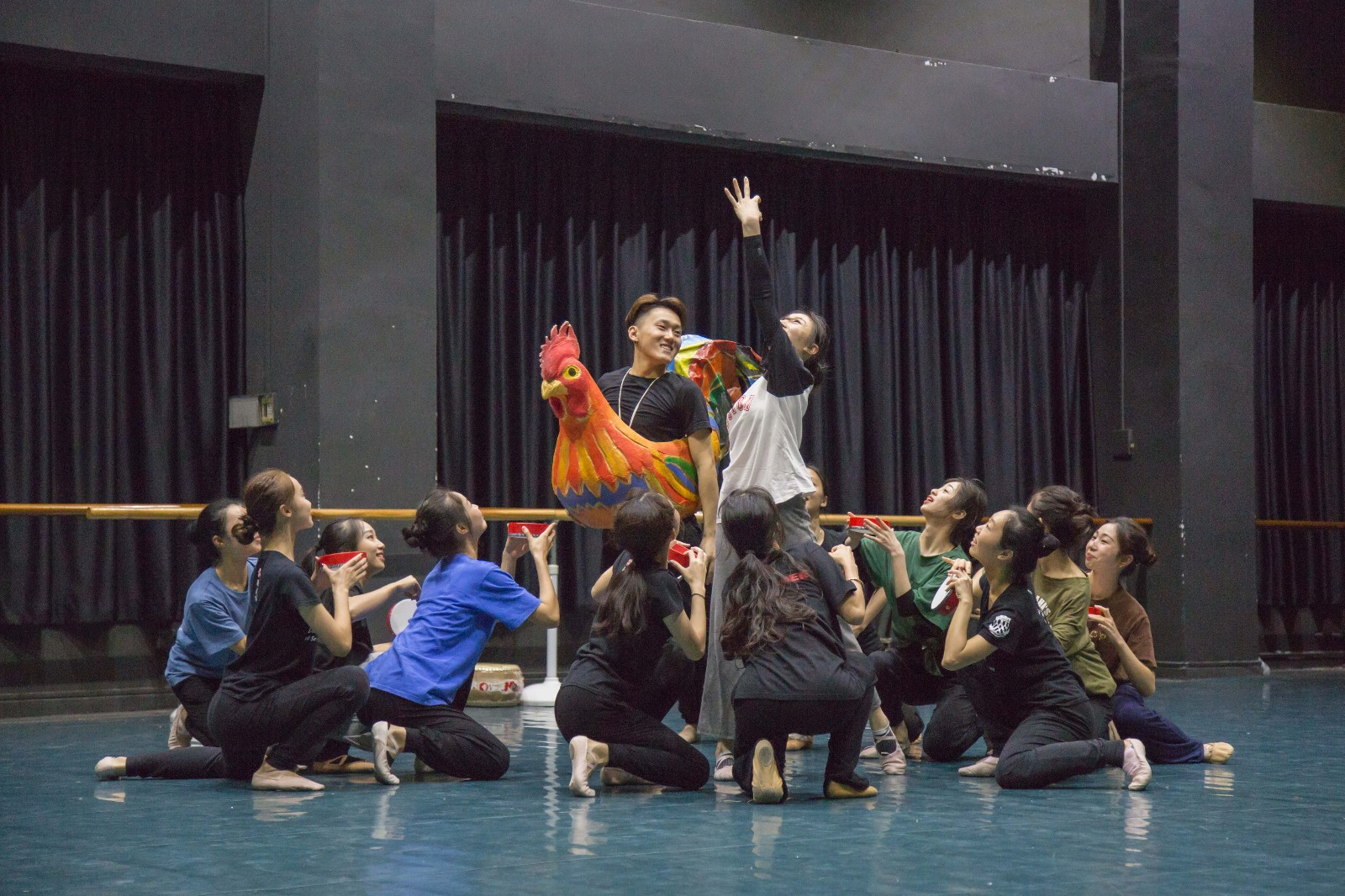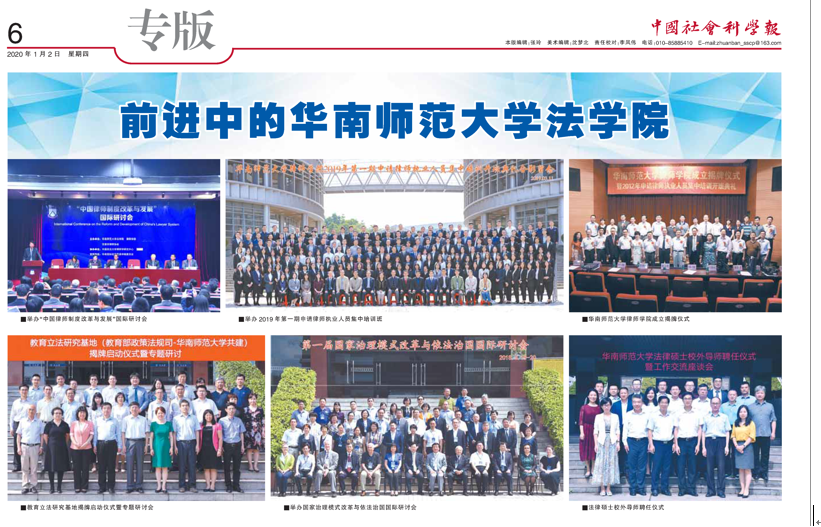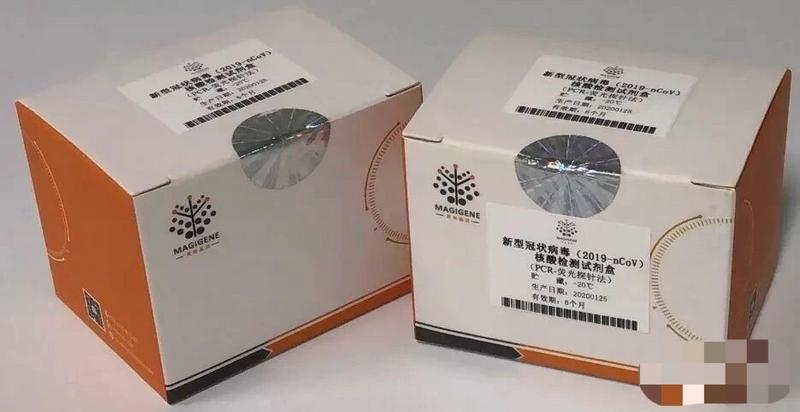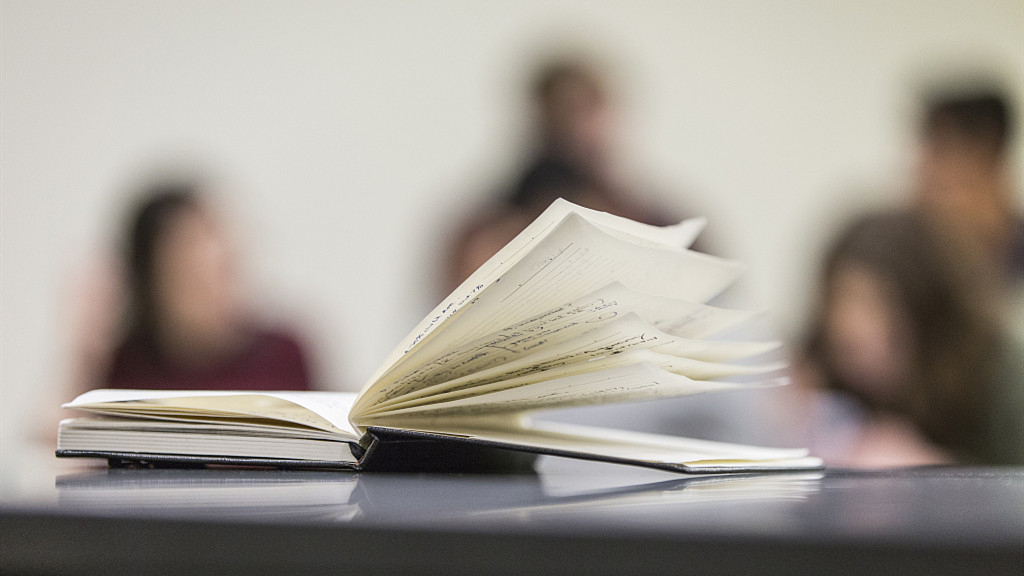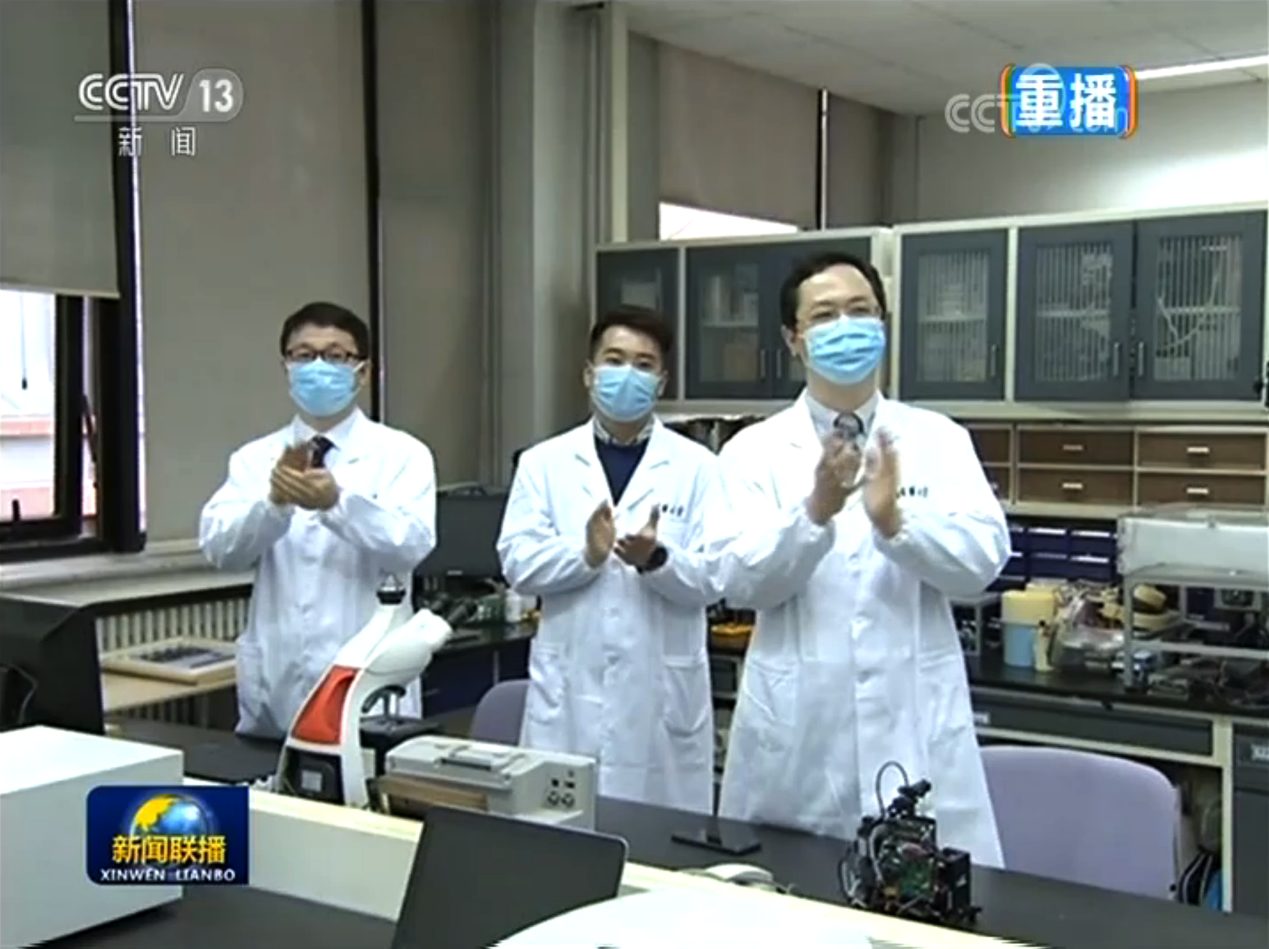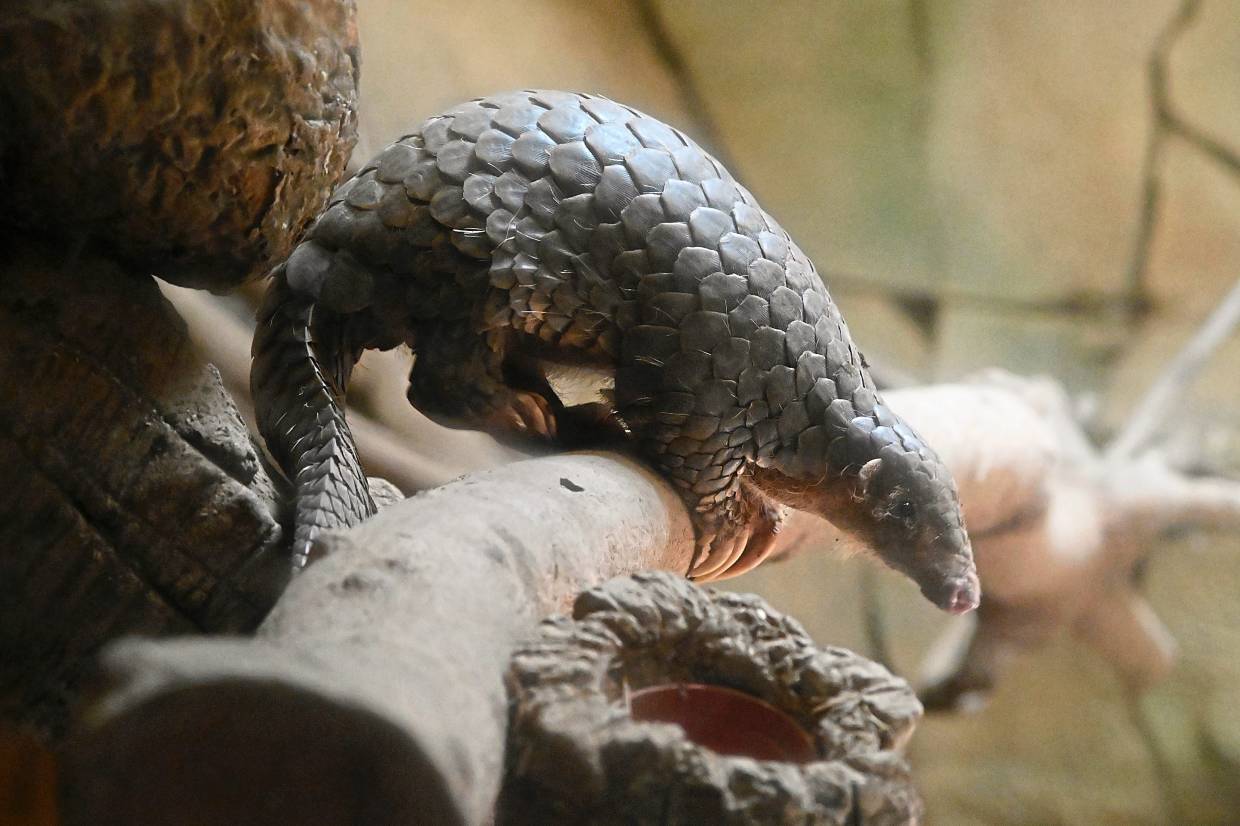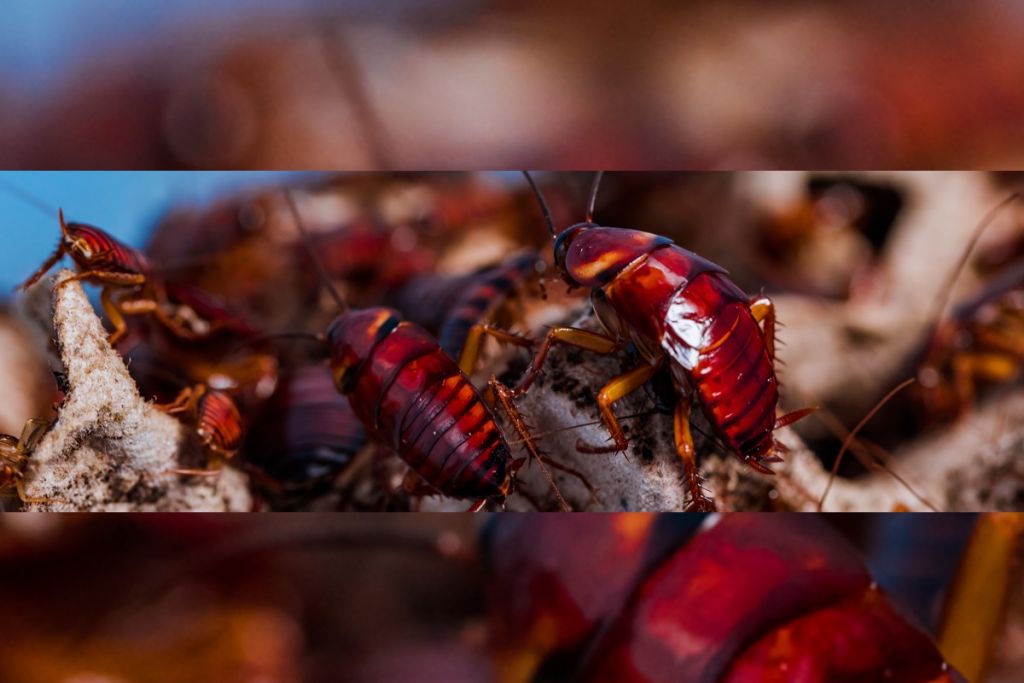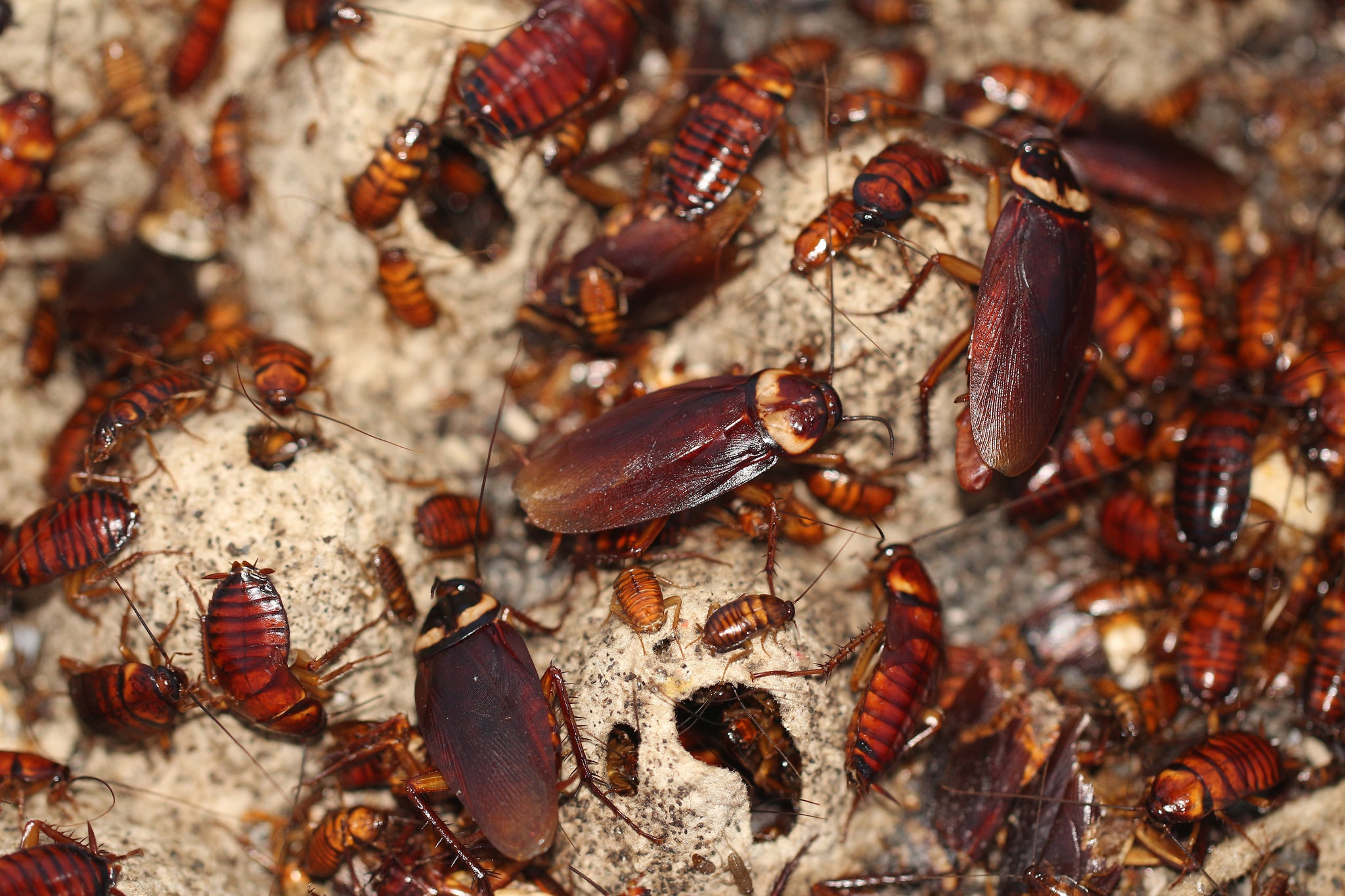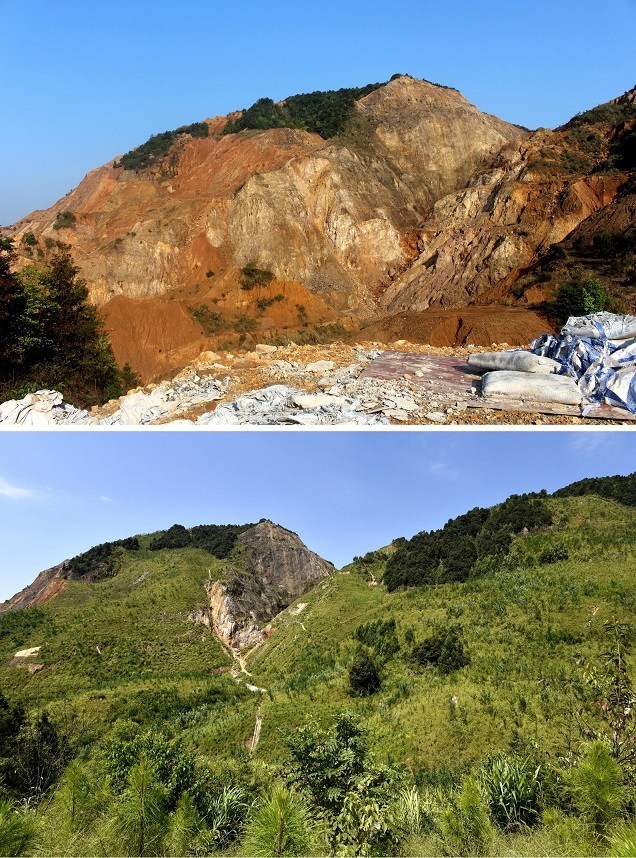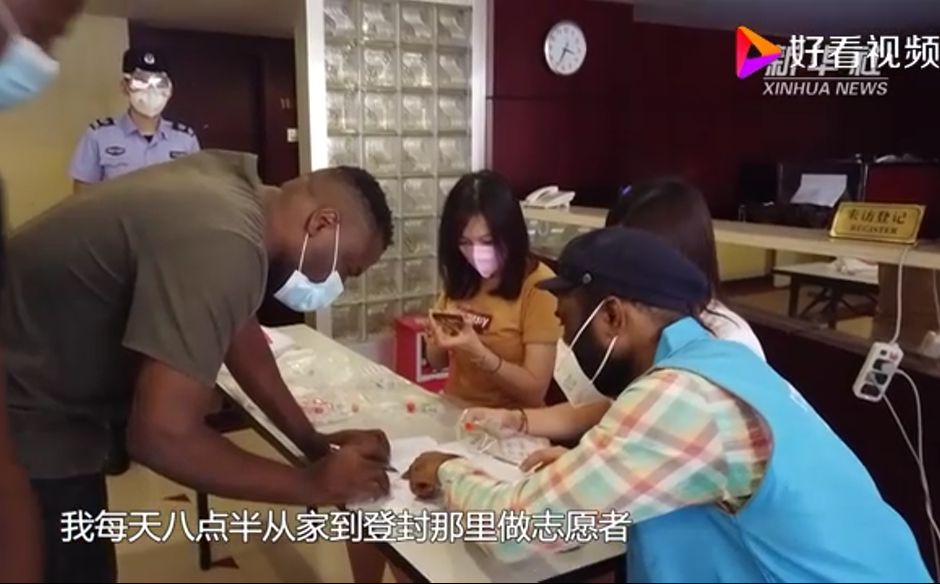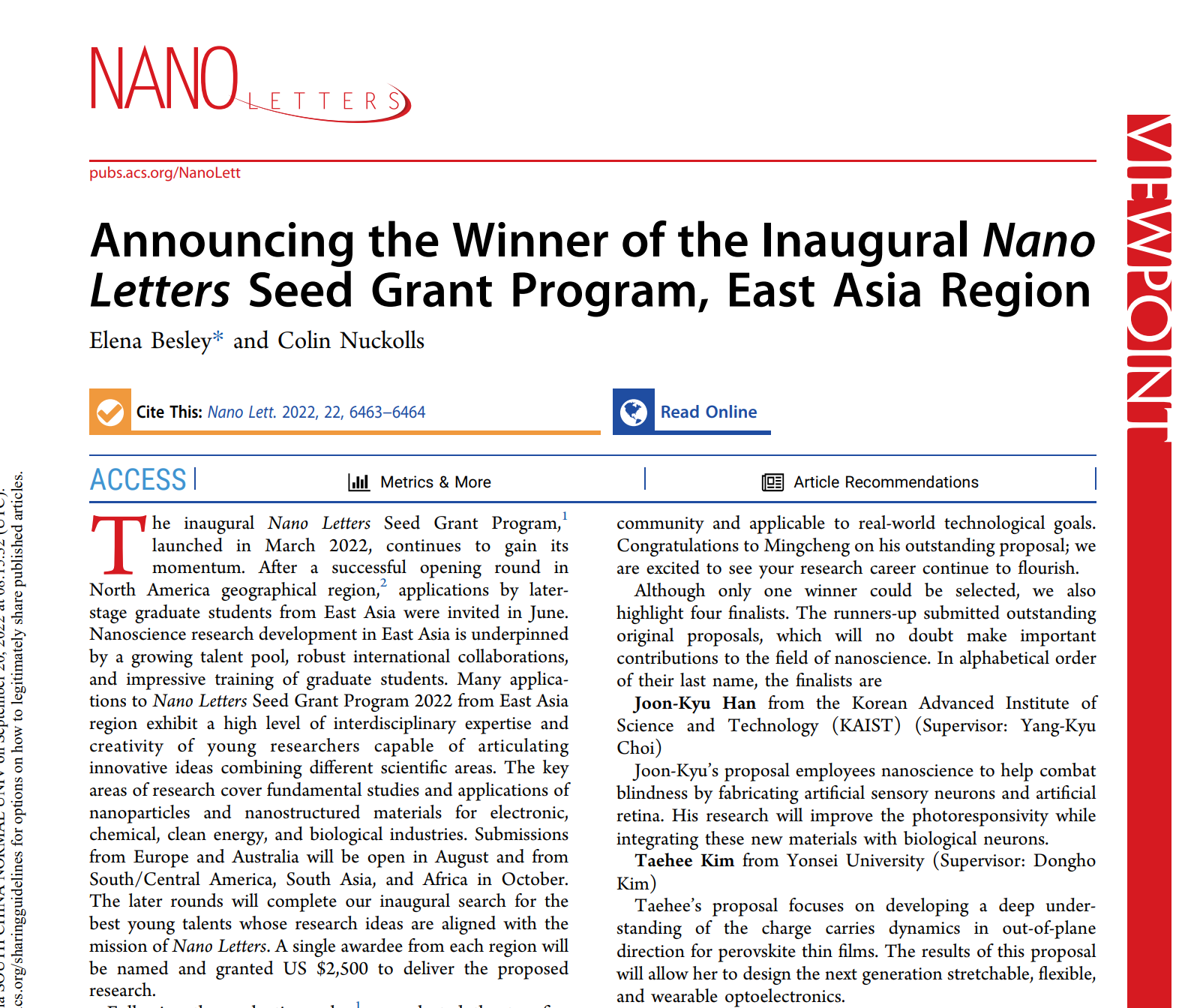
Likes
The inaugural Nano Letters Seed Grant Program, launched in March 2022, continues to gain its momentum. After a successful opening round in North America geographical region, applications by later-stage graduate students from East Asia were invited in June. Nanoscience research development in East Asia is underpinned by a growing talent pool, robust international collaborations, and impressive training of graduate students. Many applications to Nano Letters Seed Grant Program 2022 from East Asia region exhibit a high level of interdisciplinary expertise and creativity of young researchers capable of articulating innovative ideas combining different scientific areas. The key areas of research cover fundamental studies and applications of nanoparticles and nanostructured materials for electronic, chemical, clean energy, and biological industries. Submissions from Europe and Australia will be open in August and from South/Central America, South Asia, and Africa in October. The later rounds will complete our inaugural search for the best young talents whose research ideas are aligned with the mission of Nano Letters. A single awardee from each region will be named and granted US $2,500 to deliver the proposed research.
Following the evaluation rules, we selected the top five proposals according to three categories: significance, innovation/impact, and synergy with the Nano Letters mission, and a final decision was made with the Editor-in-Chief. We are pleased to announce the winner of the inaugural Nano Letters Seed Program for East Asia, Mingcheng Panmai, a third-year doctoral student at South China Normal University in Guangzhou, China. Mingcheng is supervised by Sheng Lan. Mingcheng’s research focuses on creating and studying nanoscale antennae, metamaterials, and nonlinear optics. His proposal is geared toward using silicon nanostructures as light emitting devices. These devices will allow the fabrication of integrated circuits that utilize photonics. Intrinsic, bulk silicon is not useful for light emission, but Mingcheng’s proposal capitalizes on the ability to create nanostructured forms of silicon that are able to exhibit unusual properties. The proposal focuses on four main routes to understand and harness the emissive properties of nanoscale, crystalline silicon: (1) quantum confinement, (2) nonlinear effects, particularly, stimulated Raman emission, (3) alloys, and (4) increased light–matter interaction. His studies will create materials that will be fundamentally interesting to the nanoscience community and applicable to real-world technological goals. Congratulations to Mingcheng on his outstanding proposal; we are excited to see your research career continue to flourish.
Although only one winner could be selected, we also highlight four finalists. The runners-up submitted outstanding original proposals, which will no doubt make important contributions to the field of nanoscience. In alphabetical order of their last name, the finalists are
Joon-Kyu Han from the Korean Advanced Institute of Science and Technology (KAIST) (Supervisor: Yang-Kyu Choi)
Joon-Kyu’s proposal employees nanoscience to help combat blindness by fabricating artificial sensory neurons and artificial retina. His research will improve the photoresponsivity while integrating these new materials with biological neurons.
Taehee Kim from Yonsei University (Supervisor: Dongho Kim)
Taehee’s proposal focuses on developing a deep understanding of the charge carries dynamics in out-of-plane direction for perovskite thin films. The results of this proposal will allow her to design the next generation stretchable, flexible, and wearable optoelectronics.
Yao Lu from the Chinese University of Hong Kong (Supervisor: Jianfang Wang)
Yao’s proposal creates conjugated, helical wires made from organic polymers whose chirality can be switched with an external stimulus. She will assemble these nanostructures into thin films and monitor their optical and chiroptical properties as they emerge.
Luo Yuan from Tsinghua University (Supervisor: Qihua Xiong)
Luo’s proposal will create polariton condensates in atomically thin transition metal dichalcogenides encapsulated in two-dimensional insulators. A key element of her proposal is to control the strength of the coupling between the polaritons and the emergence of spin polarization effects.
Source: https://pubs.acs.org/doi/10.1021/acs.nanolett.2c03054
What to read next:
